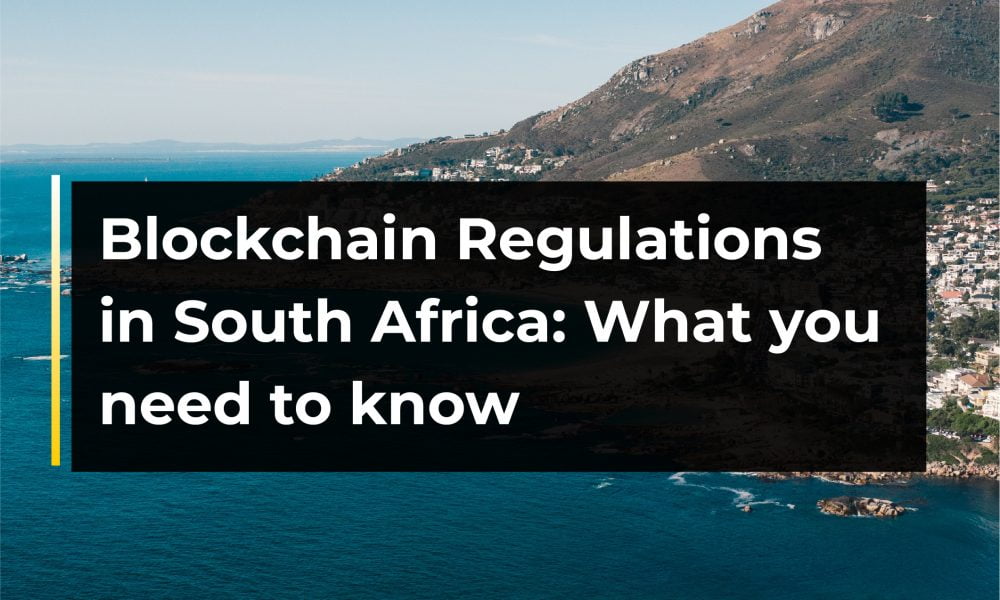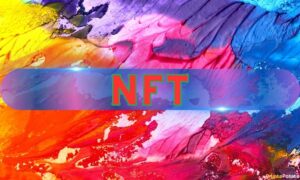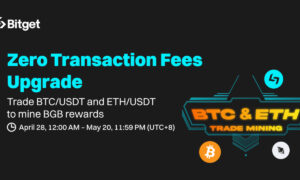Blockchain Regulations in South Africa: What you need to know
3 min read
When it comes to crypto adoption in Africa, South Africa sits among the top list of nations that own crypto assets on the continent. With a banked population rate of 79%, Mobile Cellular subscription rate of 169% and over 41 million South Africans having access to the internet, the Rainbow Nation is strategizing to accept digital payment methods as part of its frontiers for development.
According to a report by Emurgo on how the Web3 industry has fared in South Africa, the regulatory framework for Web3 in the country is still in its early stages, and various government agencies and organizations are working to establish clear guidelines and regulations for the use of blockchain technology.
One of the steps taken by the government was to form the Crypto Asset Regulatory Working Group in 2019. The group’s purpose was to thoroughly investigate all aspects of crypto assets and related blockchain concepts and develop a comprehensive government response.
As a result of their research and analysis, the working group provided key recommendations, including the development and adoption of a framework for monitoring cross-border crypto asset transactions, the implementation of Anti-Money Laundering (AML) and Know Your Customer (KYC) frameworks, and the application of relevant financial sector laws to crypto assets.
In October 2022, the Financial Sector Conduct Authority (FSCA) classified cryptocurrency assets as financial products, leading to their regulation. This made cryptocurrency assets subject to regulatory oversight to ensure compliance with economic laws and the protection of consumers. Details from the report revealed that NFTs were not classified as financial products by the FSCA and, therefore, are not subject to the same regulations.
Despite warnings, South Africans are choosing crypto
Emurgo also noted that South Africans have fallen victim to Bitcoin scams despite warnings from regulatory bodies. Thousands of people invested their funds in crypto platforms that promised them high-interest rates. It was also highlighted that South Africa’s central bank recognizes the potential of digital currencies and the need for modern payment systems.
The country’s cryptocurrency ecosystem is growing, with businesses accepting cryptocurrencies and setting up payment systems. South Africa ranks 7th globally in terms of crypto ownership, with a majority of traders under 50 years old. Regulators have become more accepting of cryptocurrencies, potentially leading to increased adoption.
In 2021, SafCoin became the first South African cryptocurrency to launch globally, Binance, the largest cryptocurrency exchange, allows users to withdraw South African Rand (ZAR) to their bank accounts.
NFTs and tokenization in South Africa
Regarding the development of NFTs and real estate tokenization in South Africa, Emurgo said that NFTs have gained popularity in South Africa’s art and collectibles market, with platforms like Momint hosting large NFT auctions. Although the adoption of NFTs is still in its early stages, there is growing interest in their potential for authenticating digital ownership.
In the real estate market, tokenization is a new concept being explored and developed. Flyt Property Investment is South Africa’s first real estate tokenization platform, allowing investors to subscribe for shares in the Flyt Hospitality Fund. The platform aims to make real estate investments more accessible and transparent.
The future of real estate tokenization in South Africa holds promise for increased liquidity, accessibility, and transparency; however, regulatory clarity and the adoption of blockchain technology by the real estate industry remain challenges to overcome.
Read also;
South Africa requires exchanges to be licensed by year end
Source link
#Blockchain #Regulations #South #Africa





